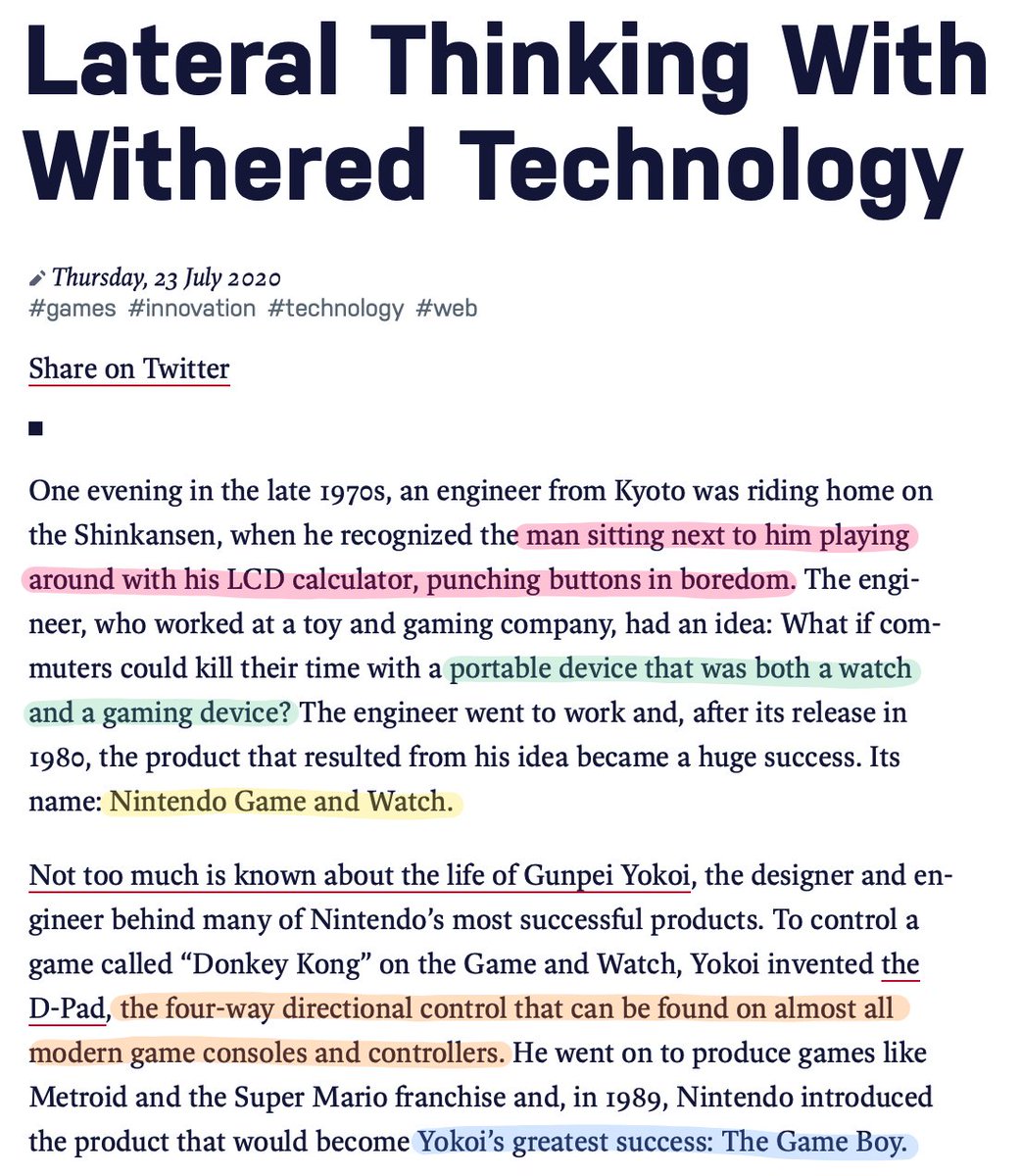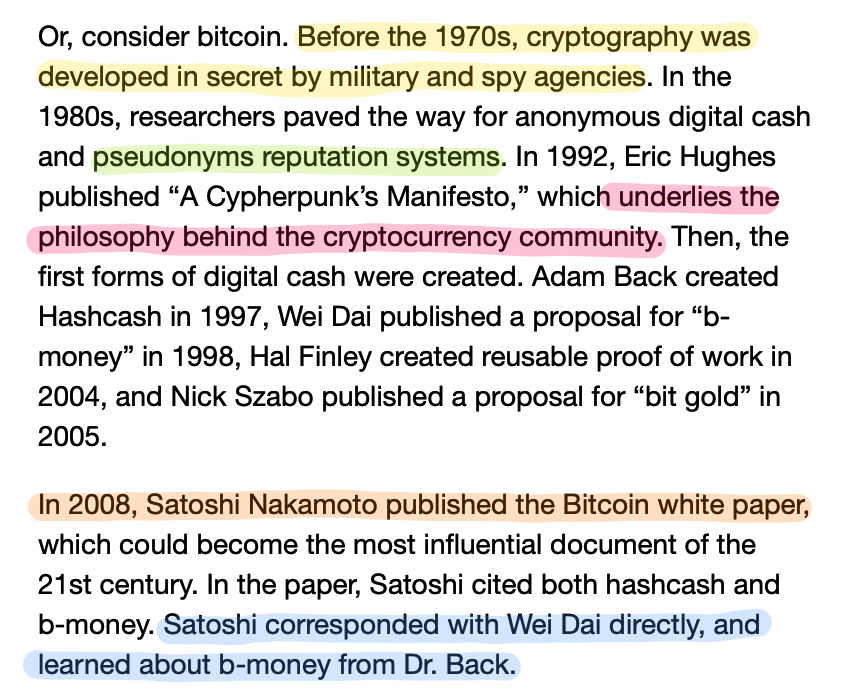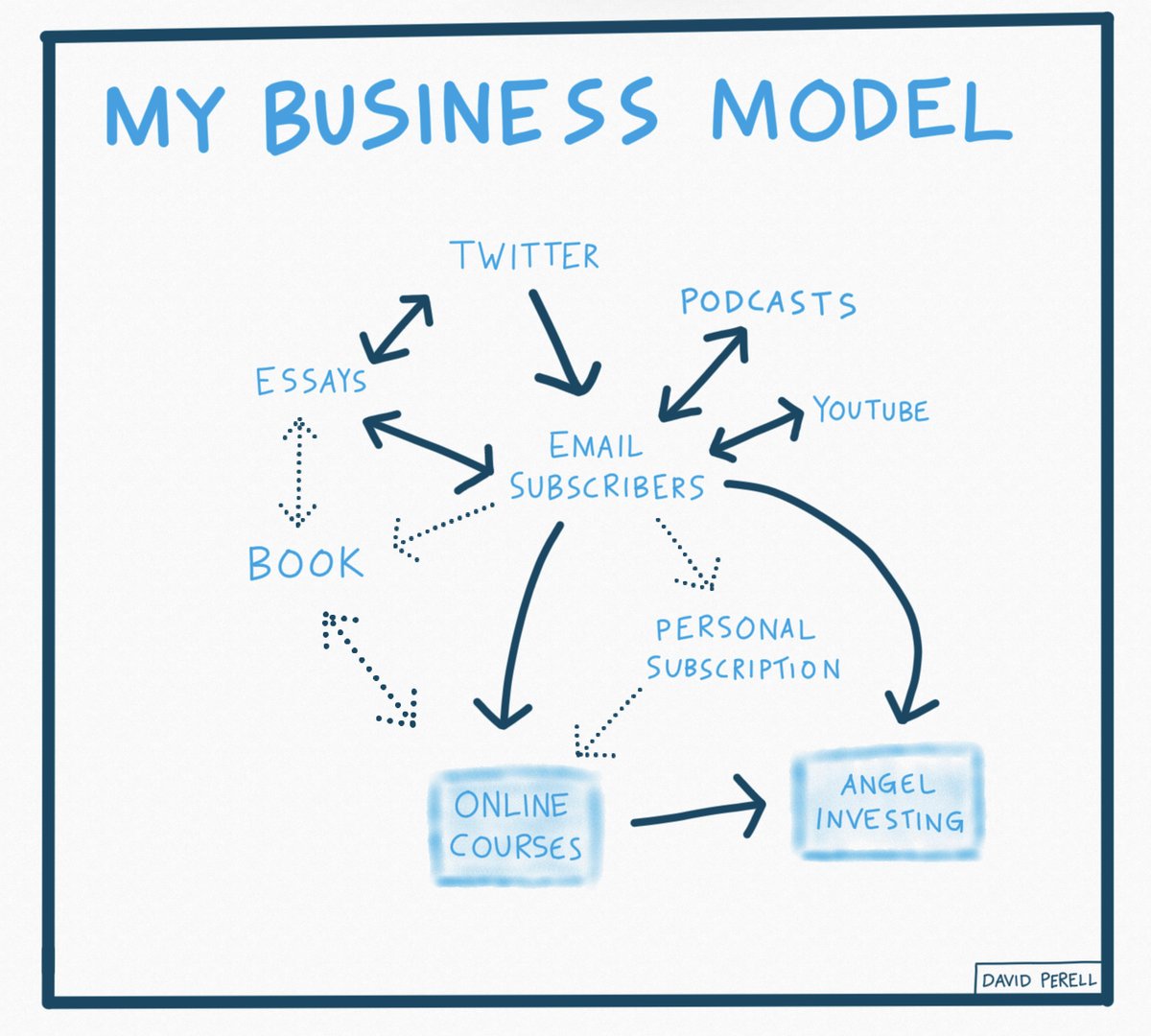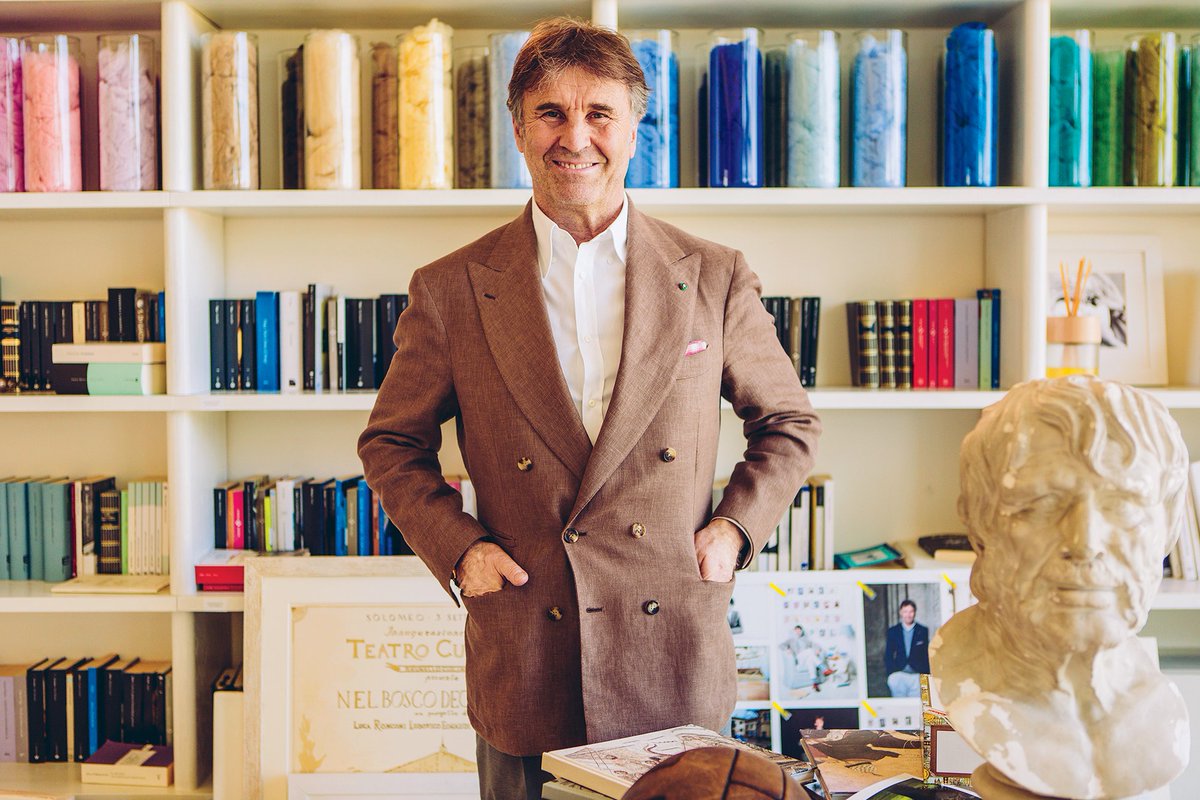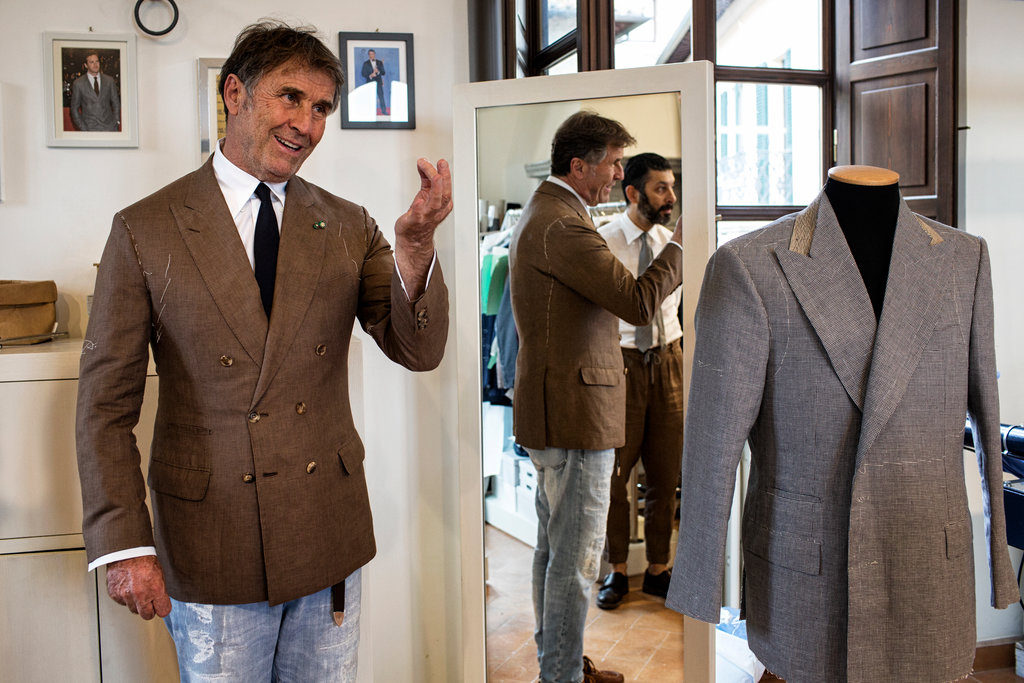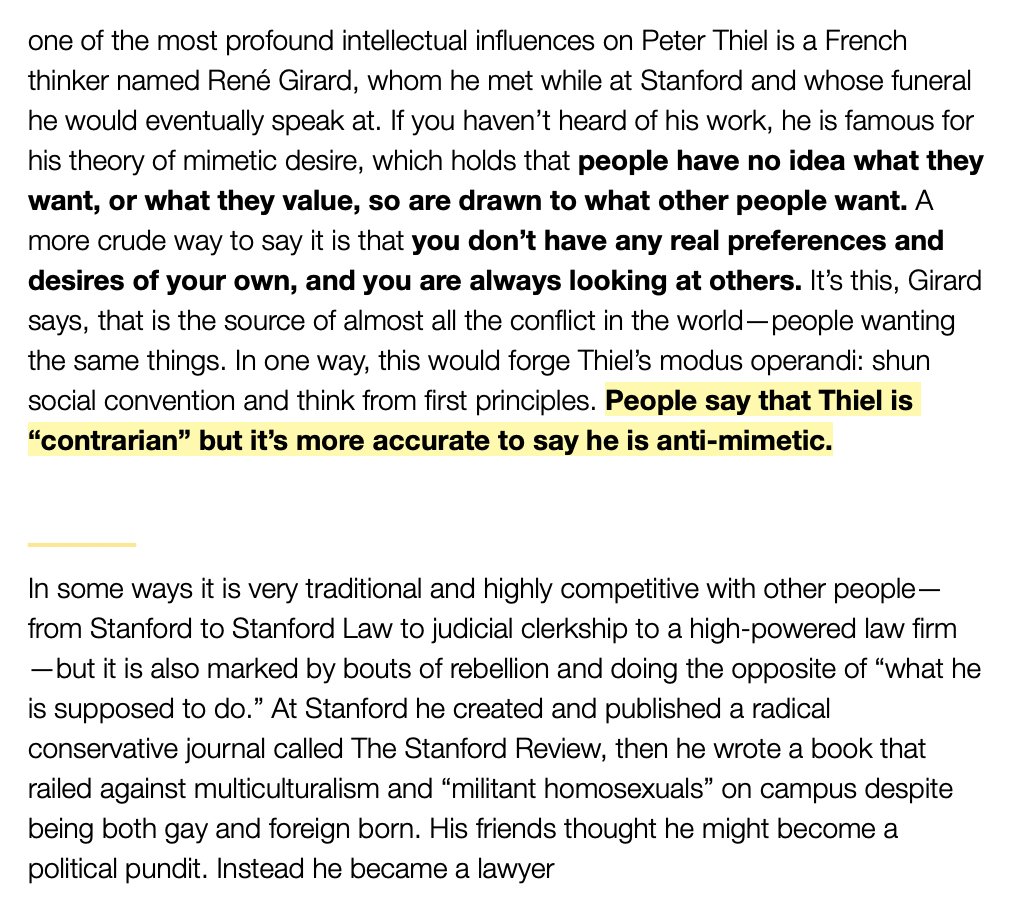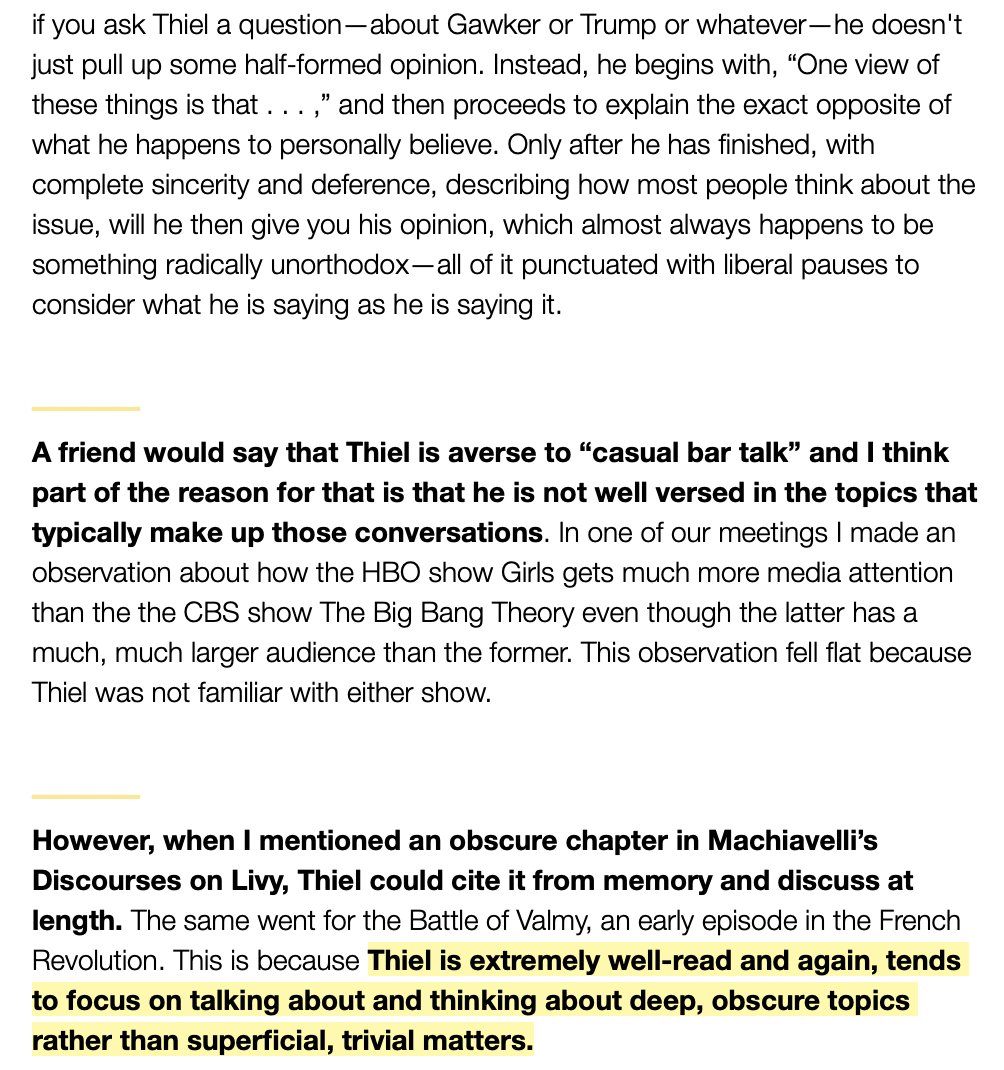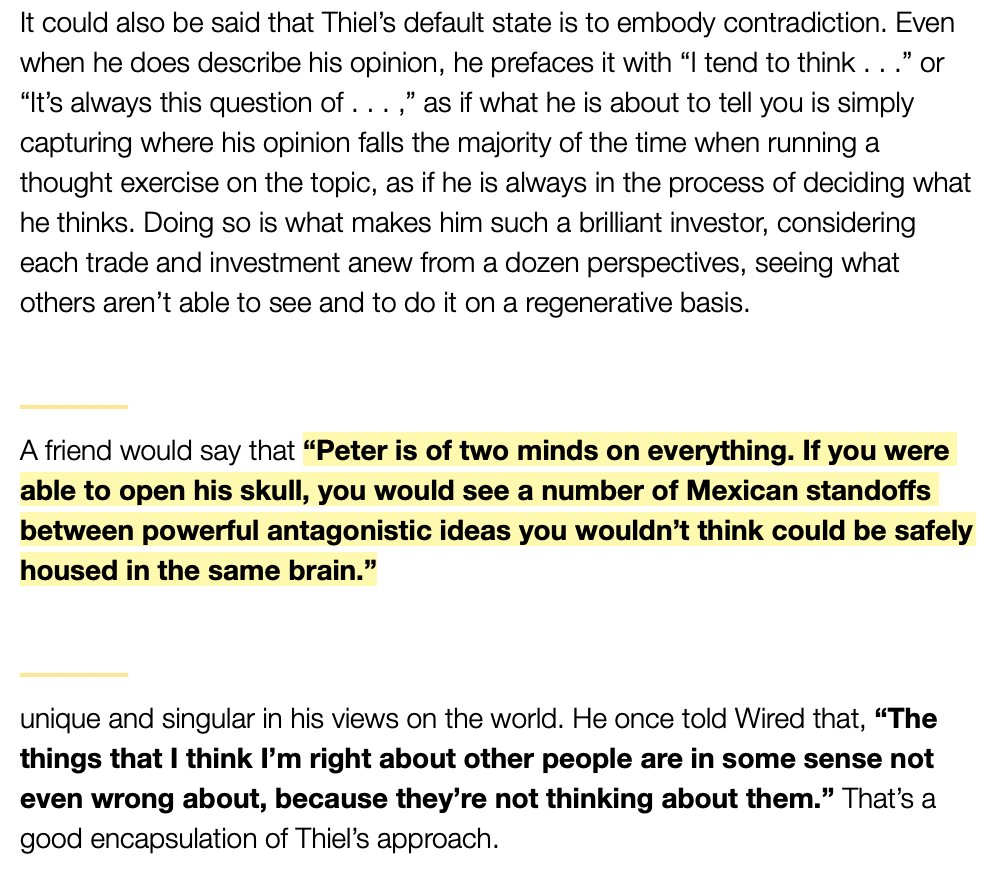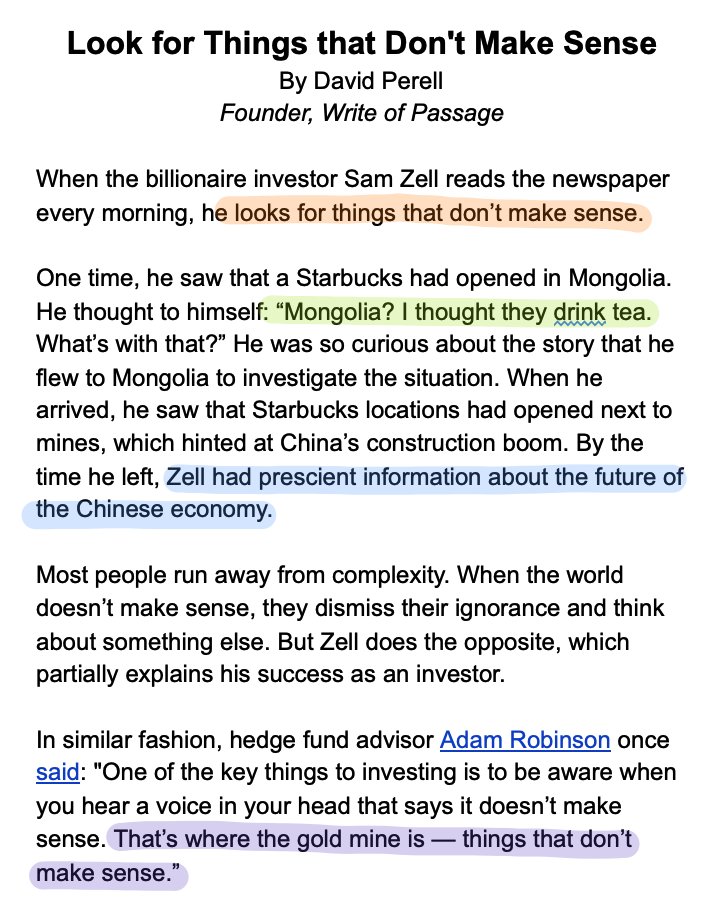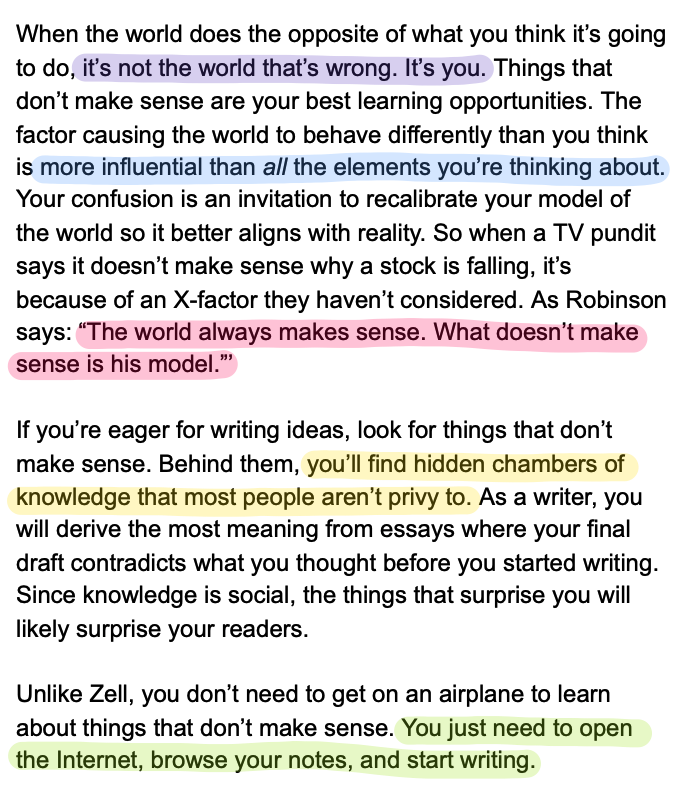
Most adults can’t focus for more than 3-5 hours per day so why do we make kids sit in class for so long?
It’s been said before, but it needs to be said again: the idea that you can be productive all day is a relic of the Industrial Age.
And even if we could be productive for that long, who cares? The treadmill of productivity is a miserable way to life.
More leisure, please.
And even if we could be productive for that long, who cares? The treadmill of productivity is a miserable way to life.
More leisure, please.
https://twitter.com/jeremygiffon/status/1323817463918874624
The word school comes from the Latin word: skola.
It translates to leisure. But it’s not an American sit back and watch TV leisure. It’s a laugh with friends, read great books, listen to marvelous symphonies, and contemplate life’s most important questions kind of leisure.
It translates to leisure. But it’s not an American sit back and watch TV leisure. It’s a laugh with friends, read great books, listen to marvelous symphonies, and contemplate life’s most important questions kind of leisure.
https://twitter.com/david_perell/status/1314417621111111681
Future obsessions will scratch their heads when they see how work consumed early 21st century life, even for people in the highest tax brackets.
Here are two excerpts from an excellent book called “Leisure: The Basis of Culture.”

Here are two excerpts from an excellent book called “Leisure: The Basis of Culture.”


Big caveat: I still work *extremely* hard.
Intellectually, I want more leisure. But at the same time, busting my ass for the past five years has improved my life tremendously.
Brunello Cucinelli, who I wrote about below, strikes a wonderful balance of leisure and hard work.
Intellectually, I want more leisure. But at the same time, busting my ass for the past five years has improved my life tremendously.
Brunello Cucinelli, who I wrote about below, strikes a wonderful balance of leisure and hard work.
https://twitter.com/david_perell/status/1315426541464162305
David Foster Wallace didn’t have a writing routine.
Here, he describes the way that trying to write can be like rolling a ball up a hill until it all of a sudden becomes easy.
Funniest of all, he says that routines are “Baroque BS.”
(h/t @jeremygiffon)
Here, he describes the way that trying to write can be like rolling a ball up a hill until it all of a sudden becomes easy.
Funniest of all, he says that routines are “Baroque BS.”
(h/t @jeremygiffon)

This beautiful poem by Kahlil Gibran speaks to the harmony of work and leisure.
Work isn’t about heads down productivity. It’s about aligning the spirit of self, with the spirit of society, with the spirit of the universe — or whatever you call God.
(h/t @conaw)

Work isn’t about heads down productivity. It’s about aligning the spirit of self, with the spirit of society, with the spirit of the universe — or whatever you call God.
(h/t @conaw)


• • •
Missing some Tweet in this thread? You can try to
force a refresh

